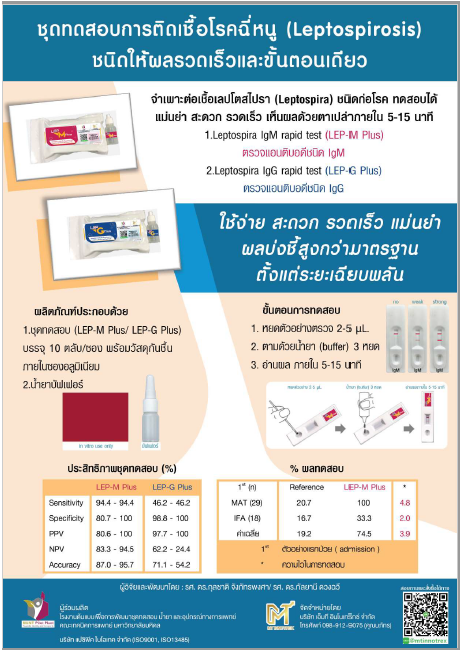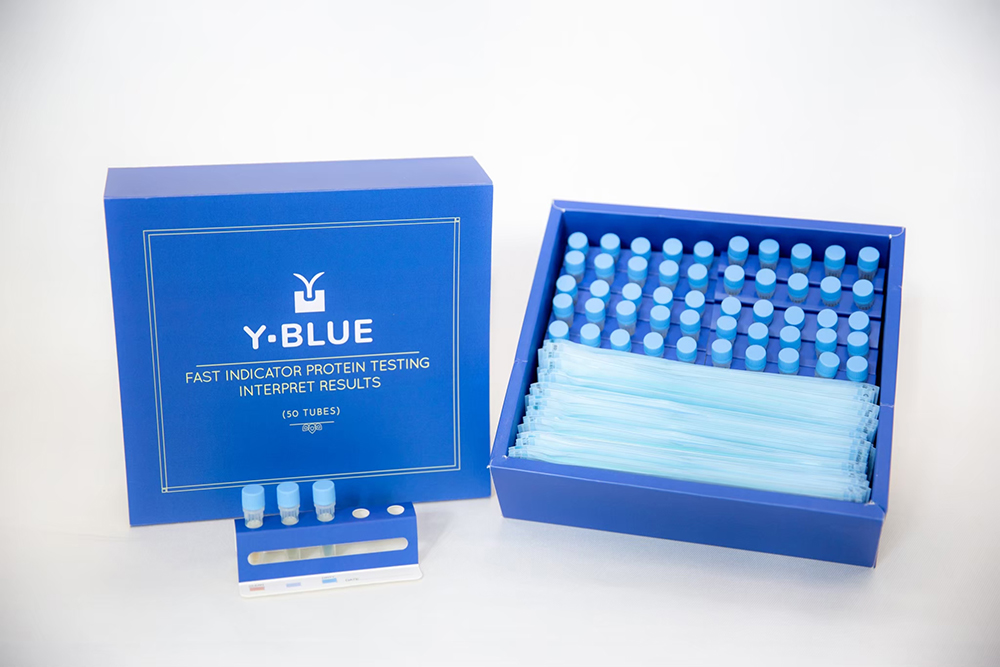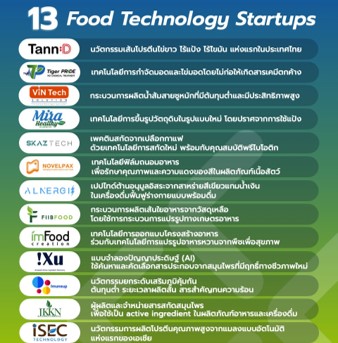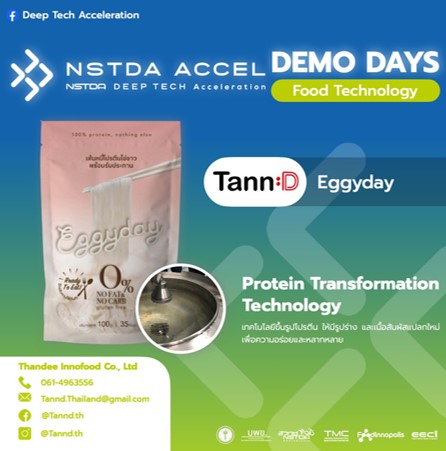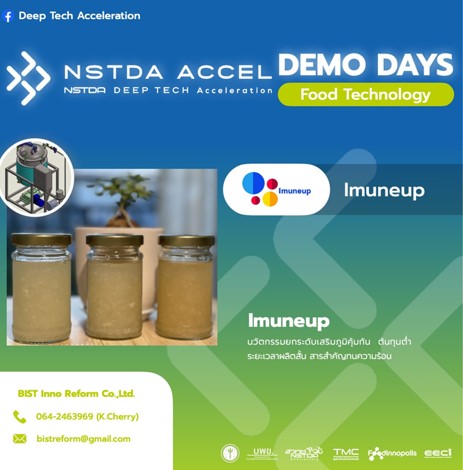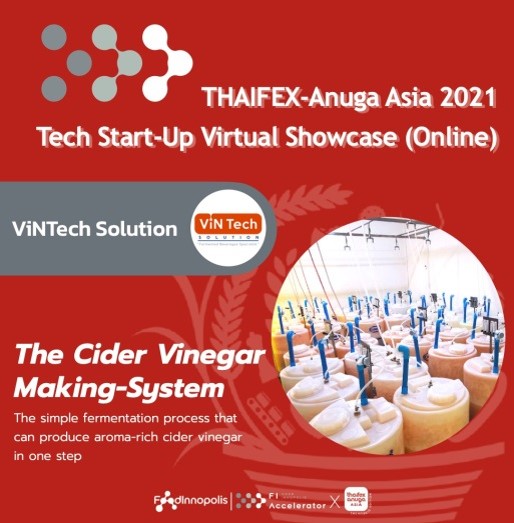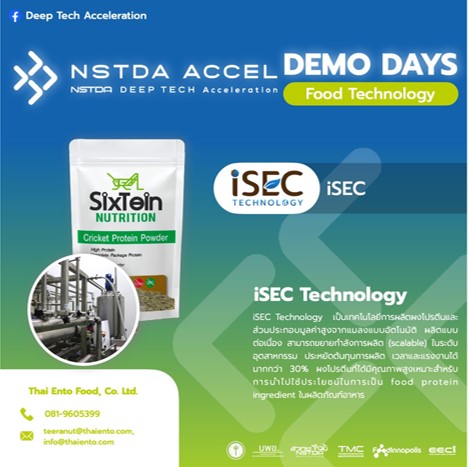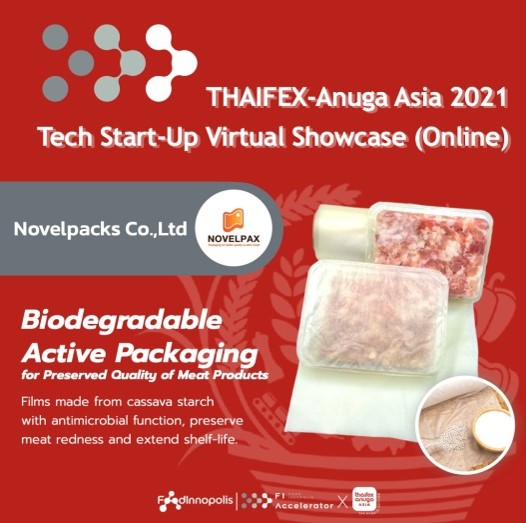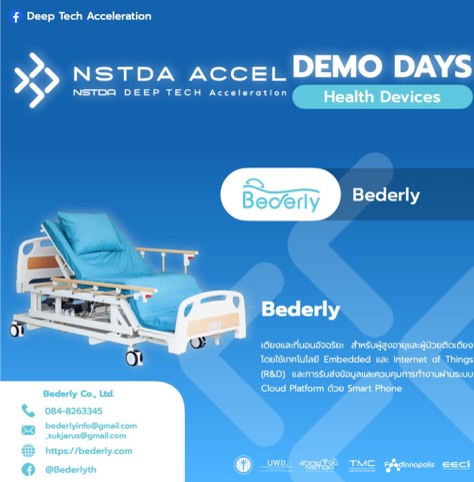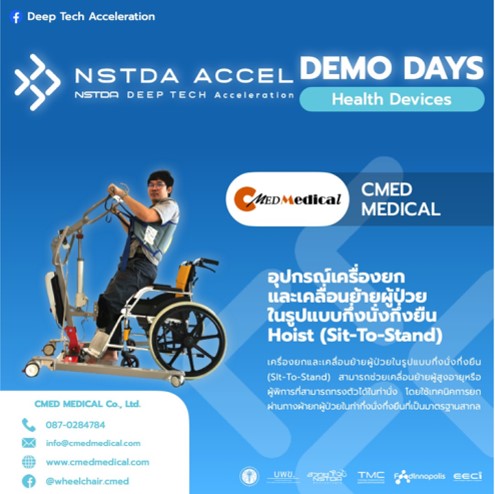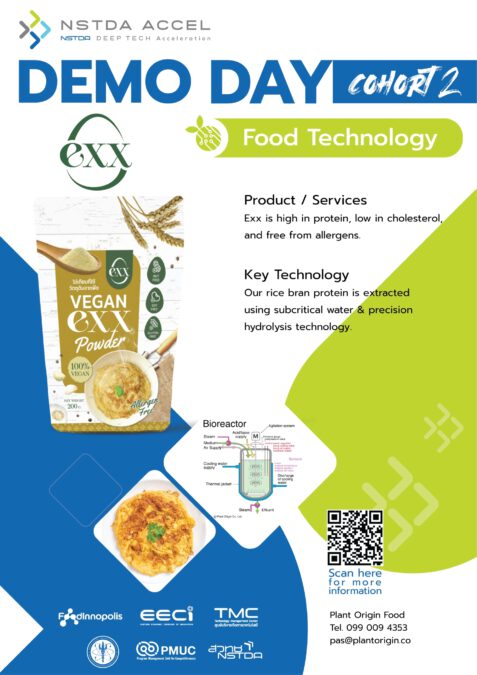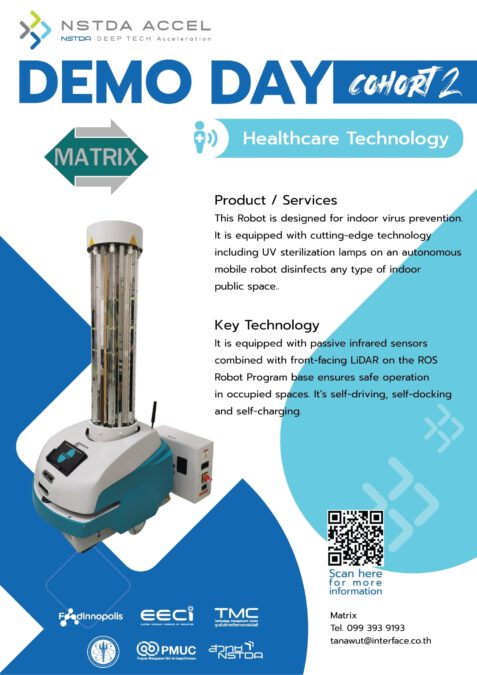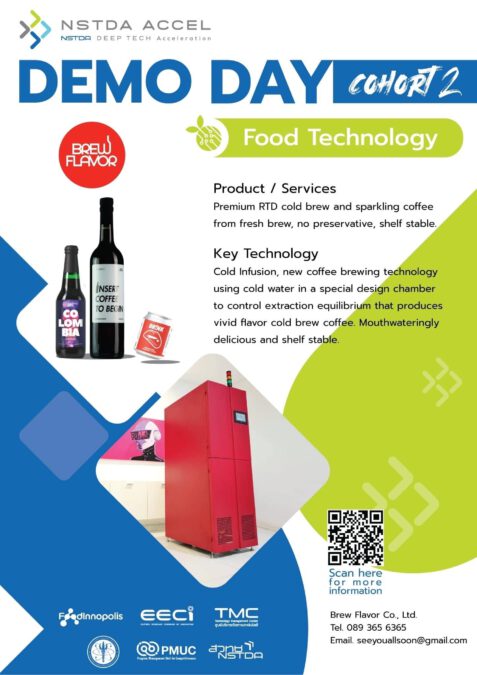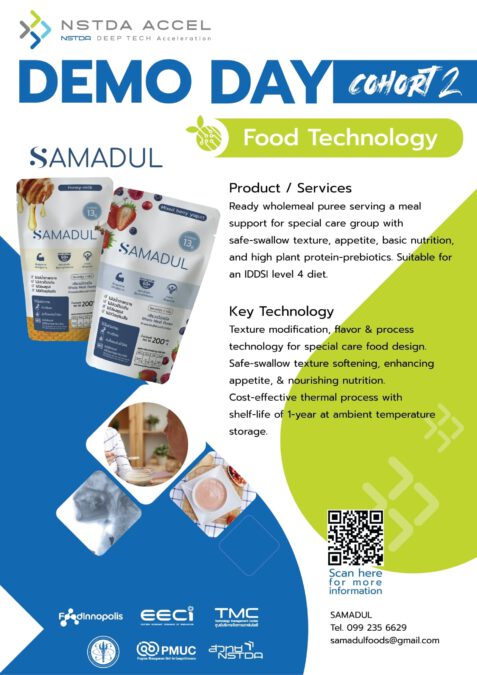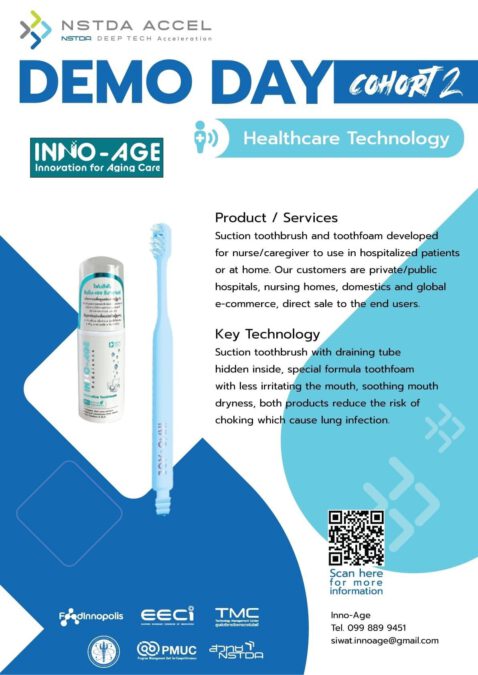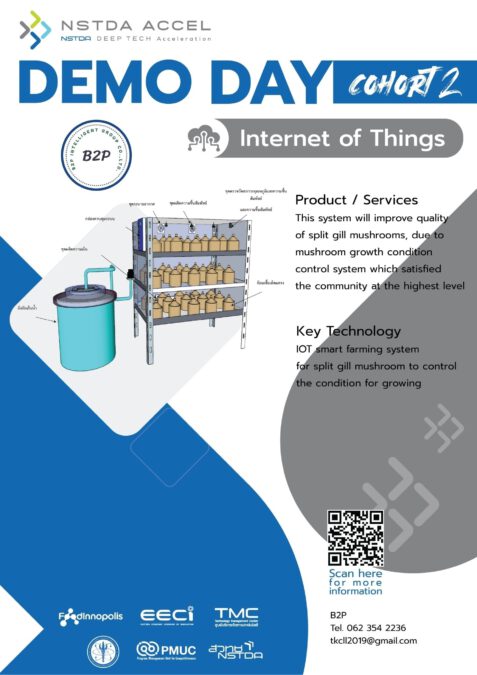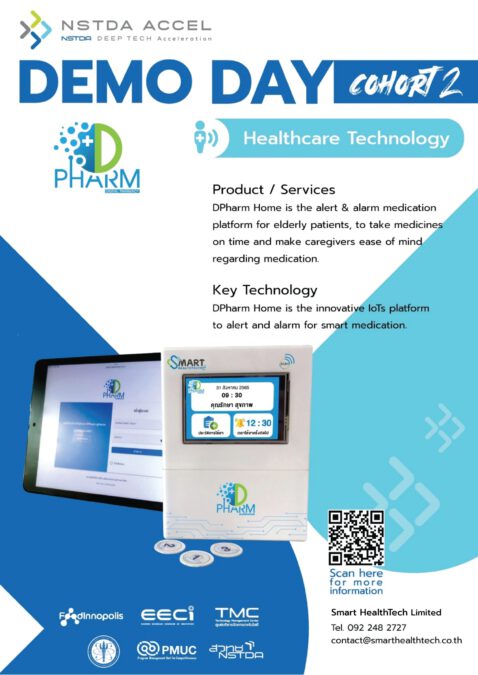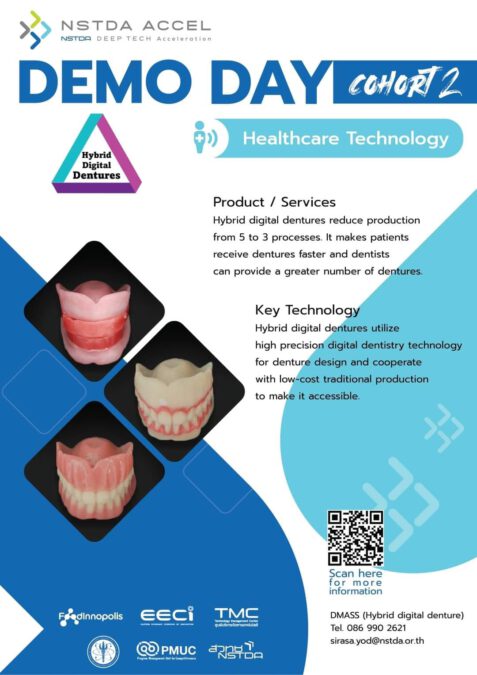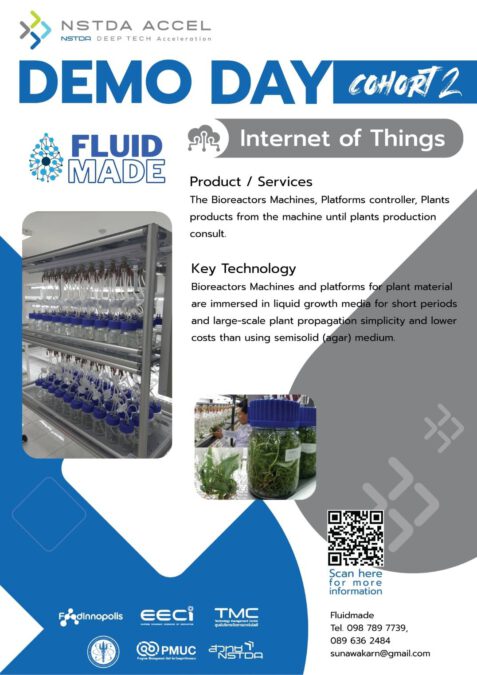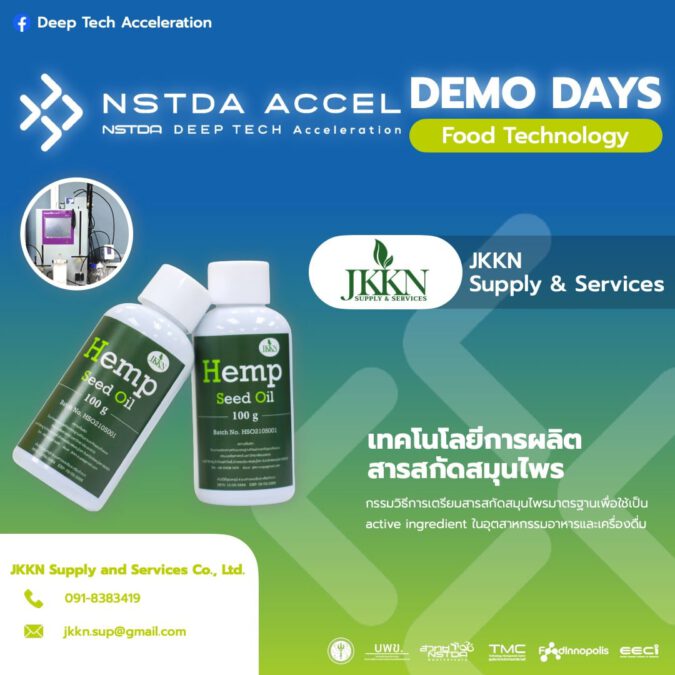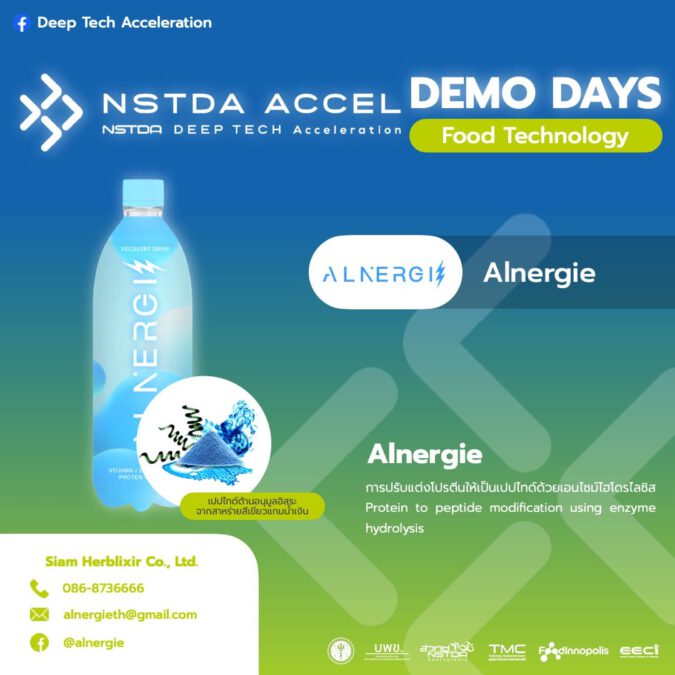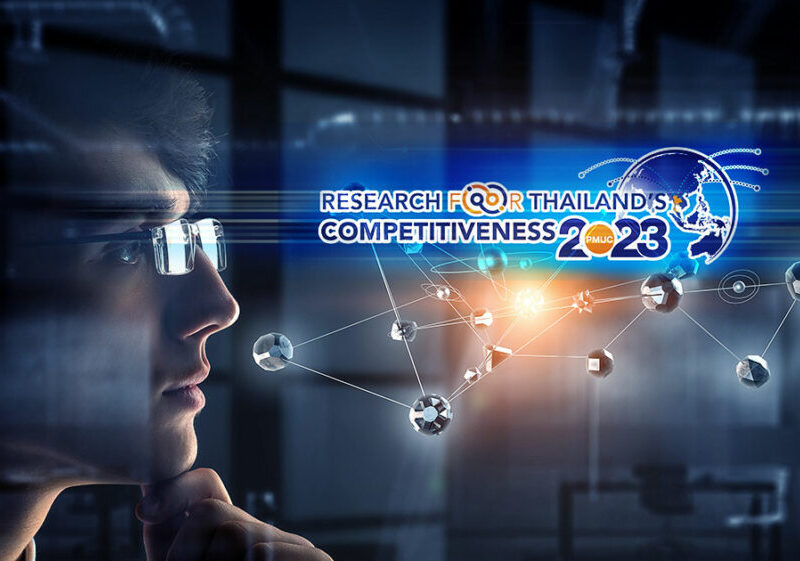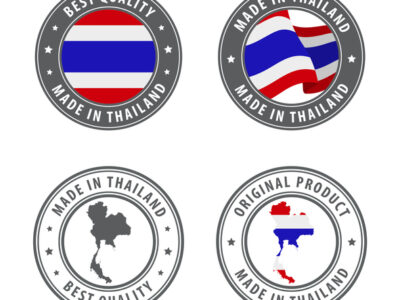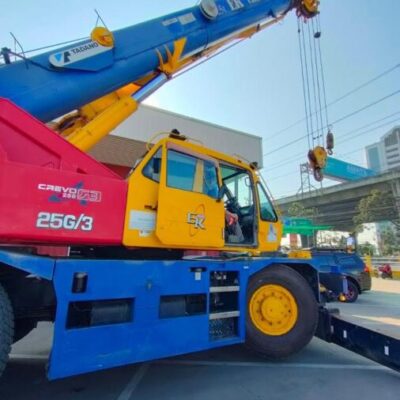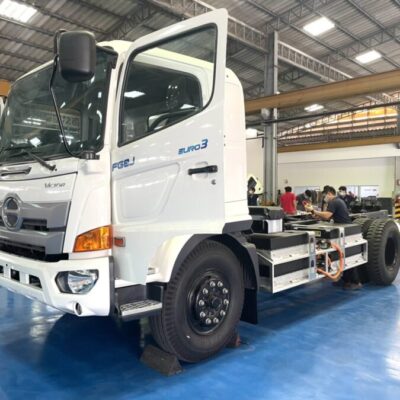The aim of the Deep Science and Tech Accelerator Platform is to promote research agencies in the public and private sectors in creating an Innovation Management System and Accelerator Platform to increase the ability to commercialize knowledge and results in science, research and innovation, as well as accelerating research and innovation available in government agencies or universities to be developed for commercial use. The goal is to enhance the potential for Thailand to have the opportunity to grow in the high-value market by collaborating with 9 universities and 1 research agency to build a platform to accelerate research and innovation in multiple fields.
Over the past 3 years, PMUC has been pushing for a platform to accelerate the implementation of research results and promote innovations to be commercialized by collaborating with 9 universities, namely the Faculty of Medical Technology and Institute of Technology and Innovation Management at Mahidol University, Industrial Technology Research and Development Center (UTC) at Chulalongkorn University, Techno Thanee at Suranaree University of Technology, Naresuan University of Technology, Thammasat University, King Mongkut’s University of Technology at North Bangkok, Kasetsart University, King Mongkut’s University of Technology at Thonburi, and King Mongkut’s Institute of Technology at Ladkrabang. The primary goals include supporting the National Science and Technology Development Agency (NSTDA) in creating a platform to drive in-depth scientific research towards commercialization.
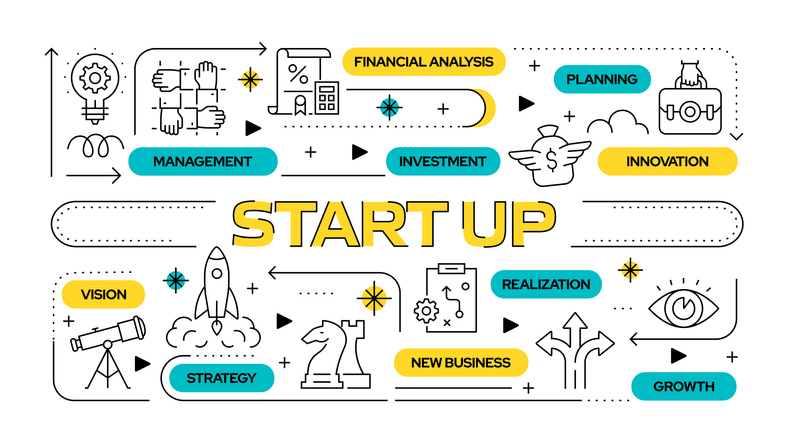
The project to establish an accelerator and innovation development center for testing reagents and medical equipment for commercialization, Mahidol University.
The prototype factory project for the development of testing kits for reagents and medical equipment, for which the PMUC has provided research funds to the Faculty of Medical Technology at Mahidol University. The project consists of a pilot plant and a laboratory, which serves as the center for commercializing products born from research work from both inside and outside the university, as well as being a channel for manufacturing consultancy and connecting industrial sectors to jointly create business matching leading to commercial trade. It also serves as an intermediary in maintaining and overseeing marketing benefits for products arising from research, which includes providing legal advice regarding intellectual property, patents, trademarks, trade secret, in order to achieve real competitiveness in the market. It is considered a platform for incubating and developing innovative businesses from TRL 4-5 level research that can be pushed on to the market. Products such as the LEP-M Plus, one-step leptospirosis test kit or the Y-Blue food-contact surface protein test kit, which is an innovative test for protein residues on food-contact surfaces that is highly sensitive. It can detect proteins with particles smaller than 50 micrograms and is more sensitive than most commercial reagents. The residual protein, in addition to being like a magnet for bacteria, also affects people who are allergic to protein as well. The technology can be used to test both plant and animal proteins, etc.
Industrial Technology Research and Development Center (UTC), Chulalongkorn University.
By focusing on research in 3 types of in-depth technology, namely Artificial Intelligence Technology (AI), Medical Technology (MedTech), and Biotechnology (BioTech) with research team to enhance business readiness along with targeted technology development, UTC together with a network of partners work together in the form of a “team project” consisting of specialists in various disciplines, including those who develop and manage innovative projects; those who specialize in innovation development processes and business plans, who will provide advice in each step of the innovative business development process, such as business model development, market testing, commercialization method selection, etc.; as well as experts in business law and patent strategy, who can provide advise on strategic planning for patents such as IP landscape, food and drug registration, etc. There are also experts with specific knowledge, such as research development that requires the application of AI technology for medical use. There will be experts in the medical field who will give advice on the process of clinical trials, or strategies to create acceptance for use by doctors, etc. There are also coaches from outside Chulalongkorn University who can come to provide advice during innovation development, including university alumni, business people, and social workers as well.
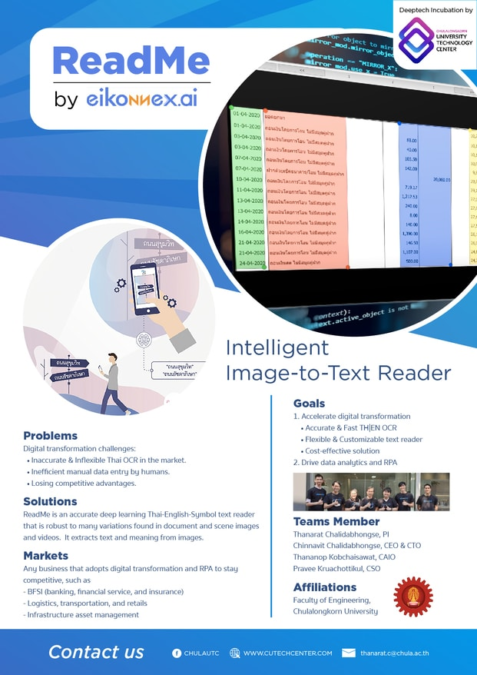
Examples of outstanding startups that have passed thru the process with UTC and have successfully brought products into the market include ReadMe by eikonnex.ai, developed by a team of researchers from the Faculty of Engineering, Chulalongkorn University. It is an artificial intelligence innovation that can read text in Thai, English, and symbols on documents, images, and videos, and then convert it into digital document data which can be applied to a variety of practical applications, such as keeping financial documents of the accounting department, assessment of credit scores for bank loans, etc.
Aqua Innovac, Needle-free aqueous vaccine for farmed fish by a team of researchers from the Faculty of Veterinary Science, Chulalongkorn University, which can help to reduce fish mortality from stress after vaccination with syringe. It is also suitable for fish farming.
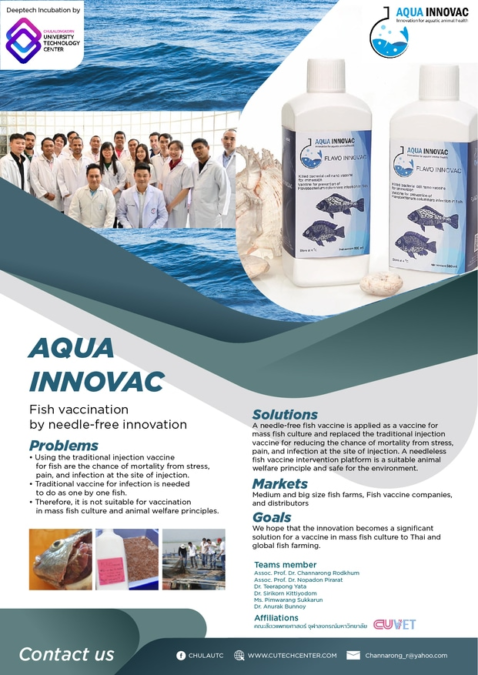
DeepGI, developed by a team of researchers from the Faculty of Engineering and Faculty of Medicine, Chulalongkorn University, is an artificial intelligence that helps detect cancerous tumors in the colon through endoscopy, and helps support doctors diagnosis and reduce examination errors.
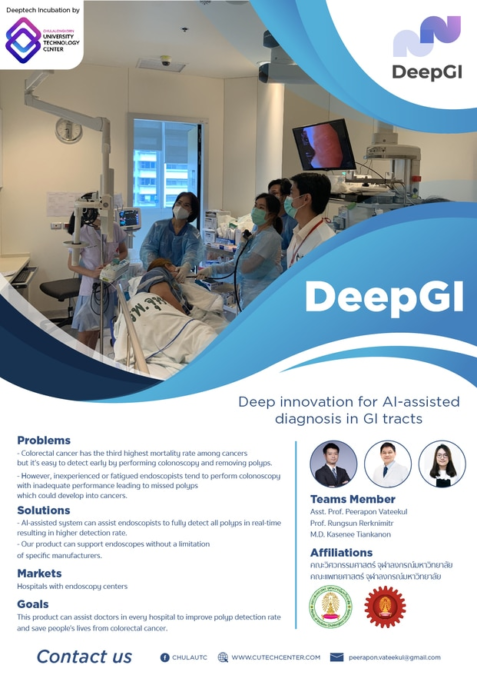
Additional https://www.chula.ac.th/highlight/65548/
Innovative Product Prototype Incubation Program to Accelerate the Development of Features ready for Commercialization, Suranaree University of Technology.
Prototypes and technological products can be developed by working with private entrepreneurs in many projects, such as unmanned aerial vehicle technology, propulsion technology for road surveying, ATV robotic technology for transporting items within the hospital, postprocessing technology with IOT systems, Surasole electronic shoes, artificial intelligence for remote medical systems for movement impaired patients and the elderly, prototype portable test device with the ability to reach remote communities for cancer screening, as well as technology to analyze properties of polymer reagents to improve soil cement properties for ready to use cement mix.

2 years of effort in accellerating START UPs from the platform project to catalyze business growth that uses in-depth science and technology from NSTDA.
The NSTDA Deep Tech Acceleration Platform project, sponsored by PMUC, aims to develop the country’s competitiveness by creating new businesses from the deep technology base according to the PMUC policy in creating a mechanism that helps accelerate business development in 2 parts: one is the technology side, whereby selecting from research agencies and academic institutions that are ready at the prototype level, but still not ready to commercialize on their own. Then injecting the ability to go into industrial production (Technology Development) in terms of various standards, as well as the ability to develop the market, applying branding and marketing and sales strategies. Additionally the attaining alliances that will provide investment to various businesses would help to accelerate business development by selecting in-depth research that evaluates the readiness of research and technology (Technology Readiness Level: TRL) not less than level 4 and has market potential in 3 technology groups: Food Technology, Healthcare Technology and Internet of Things in order to go through the incubation process and move to TRL (Technology Rediness Level) and prepare for business. In 2020, there were several start-ups that participated in the project and presented their work at the Demo Day Cohort # 1 event. Many projects were presented such as the Food Technology business group: the first in Thailand, flour-free, fat-free egg white protein, technology to eliminate moths and moth eggs without causing chemical residues, and low-cost and high-efficiency vinegar production process, etc.
Healthcare Technology business group including portable brain training systems, treadmill for seniors, equipment to aid in getting up, or for moving patients, etc.
Internet of Things group including
“NSTDA DEEP TECH ACCELERATION” Platform – NSTDA pushes 22 projects to participate in Business Pitching at the Demo Day Cohort #2
Assoc. Prof. Chalida Borompichaichatkul, Ph.D., deputy director the Program Management Unit for Competitiveness or PMUC spoke about the objectives of the Deep Sciences and Technology Accelerator program that “We want to see the emergence of a new industry, new sector using technology to add value to products developed by public-private partnerships, bringing research to create, extending, and breaking free from the OEM trap, utilizing existing resources while also protecting the environment. Emphasis is also put on promoting research, innovation and deep science technology development to generate investment in the industrial sector, and commercializing high-value products and services. In-depth research was brought out for practical and tangible applications, giving rise to emerging new businesses that are the business of the future, which will help drive the growth of the country’s economy.”
NSTDA is outstanding in its research and innovation, and in nurturing an ecosystem that is ready to support technology-based businesses. It can also prepare startup teams from both NSTDA and other universities in order to help equip both entrepreneurs and researchers at universities, and within the NSTDA, with business and marketing capabilities, and to help them see the way to bring useful research results to commercialization faster. This will enhance the country’s ability to compete at the international level. If and when that time comes, PMUC is ready to provide continuous support, ”said Assoc. Prof. Dr. Chalida.
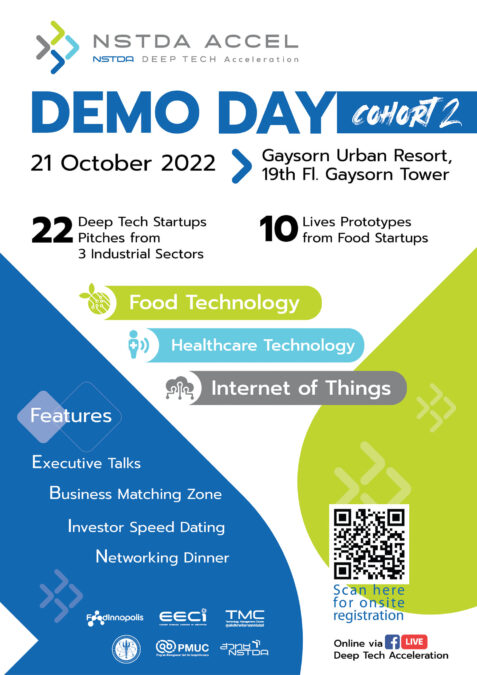
Dr. Akanong Changbua, director of Food Innovation City, NSTDA, mentioned about the 2nd year of NSTDA Deep Tech Acceleration project that 22 teams participated in the project. Most of them are researchers, university professors and entrepreneurs across the country who cultivated their knowledge and experience in business preparation by receiving advice to improve upon the research results, while benefiting from on-going mentoring services to help accellerate the commercialization of research outputs which show good potential for success.
Examples of the success of STRAT UP that has been accelerated towards commercialization.
Innovative suction toothbrush system or Suction Toothbrush by Assoc.Prof. Patcharawan Srisilpanan, Ph.D., technical supervisor and founder of Inno-edge Laboratory Co., Ltd., formerly a professor at Faculty of Dentistry, Chiang Mai University, who became to a Start Up that has been molded via the “NSTDA Deep Tech Acceleration platform” until it was able to successfully commercialize a toothbrush with a suction pipe system and bring it to market.
INNO-AGE ต้นแบบ Deep Tech Startup สัญชาติไทย ที่นำเสนอนิยามใหม่ของ ผลิตภัณฑ์ดูแลช่องปาก สำหรับผู้ป่วยสูงวัย ป้องกันการสำลักและการติดเชื้ออย่างได้ผล
Cold Infusion Coffee Innovation, “Brew Flavor” by Ms.Surumpa Yokchotsakul, CEO of Brew Flavor Co., Ltd., a manufacturer of cold infusion coffee extracted by infusion of cold water into coffee powder, bringing out the flavor of high quality specialty coffee beans, giving it a bold, intense taste that is considered a premium black coffee. The company is one of the first in the world to offer various flavours from thousands of types of berries.
บพข. ติดอาวุธ “บรูว์ เฟลเวอร์” กาแฟโคลด์อินฟิวชัน เสริมศักยภาพต่อยอดสู่ตลาดโลก ยกระดับสินค้าเกษตร เพิ่มขีดความสามารถแข่งขันของประเทศ

